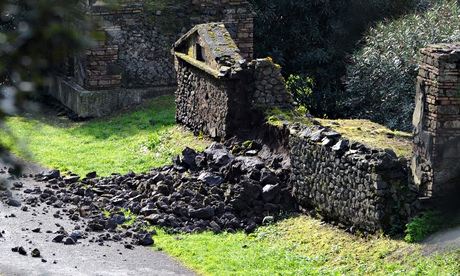Friendship Starts in Latin Class
Eleanor Barkhorn, The Atlantic (Nov 20 2013)
…[In] A recent study published in the American Journal of Sociology…Researchers Kenneth A. Frank, Chandra Muller, and Anna S. Mueller found that classes have a tremendous impact on high-school students’ social lives…The study analyzed survey data from 3,000 students at 78 schools across the United States and found that classes have a greater impact on friendship formation than sports or other after-school activities.
…
The study also found that friendships tend to form in smaller, more unusual classes: in Latin class or band, for example, rather than gym or a geometry course that all students are required to take. Students enroll in these electives because of they’re interested in the subject, which gives them common ground with the other students in the class.
“At that point, we’ve got kind of a little group, a little niche in the school,” said Frank. “We’ve got a set of unusual common interests, so those are very potent potential friends.”
Read on here.






